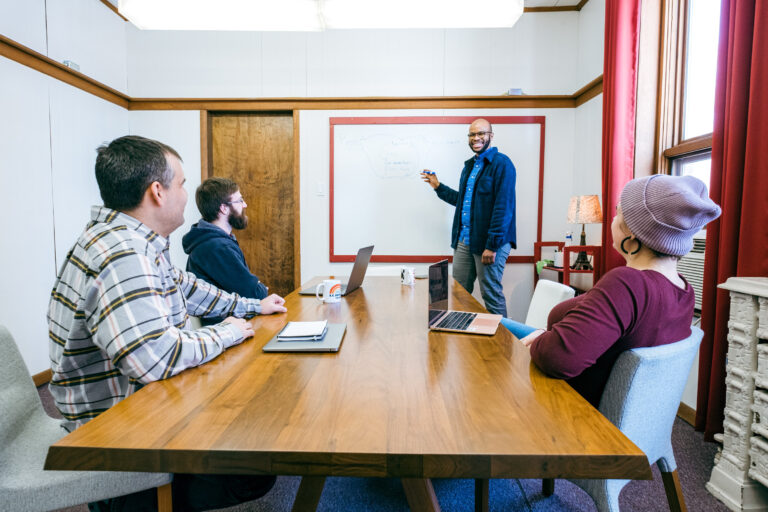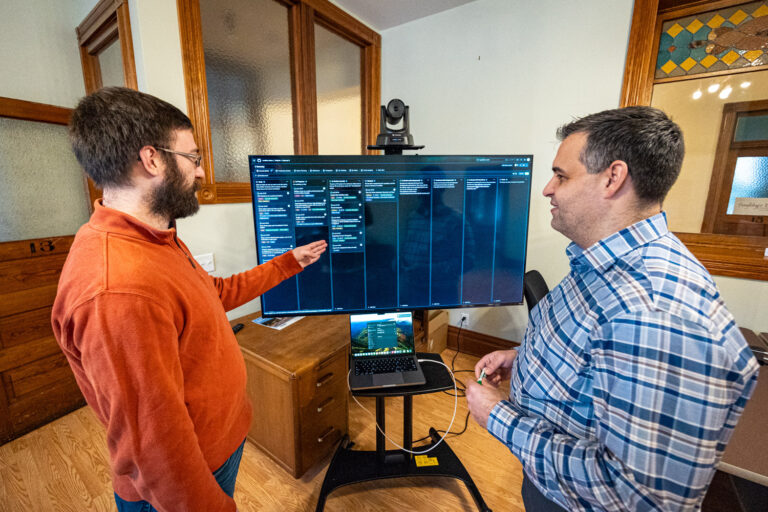In 2003, the Harvard Business Review published an article IT Doesn’t Matter. The argument was that since IT resources are becoming cheap and available to companies of all sizes, IT cannot be a competitive advantage. Nicholas Carr presented his case:
By now, the core functions of IT—data storage, data processing, and data transport—have become available and affordable to all. Their very power and presence have begun to transform them from potentially strategic resources into commodity factors of production. They are becoming costs of doing business that must be paid by all but provide distinction to none.
Despite the reduced cost of hardware and off-the-shelf software, it has been proven time and again that businesses can dominate markets by leveraging technology. If a single company has access to gigabit fiber while everybody else is on dial-up, that is a competitive advantage. Since everybody has essentially the same access to IT hardware and software resources, the question is What makes IT a Competitive Advantage?
Carr was not wrong in stating that the core functions of IT – data storage, data processing, and data transport have been commoditized. Most IT decision-makers can buy more processing and storage capacity than they will ever need. There are off-the-shelf software solutions for every type of business. Carr spotted the clear trend of commoditization of IT resources but missed the value inherent in how businesses use software.
Companies with software tailored to their business model and that use software effectively throughout their organization maintain a competitive advantage. Custom software and lean business processes are not commoditized and present the best opportunity for an organization to differentiate itself from competitors. The magnitude of this advantage is equivalent to the difference between the way a company uses software and its competitors use software. The classic example was how Toyota used its own Toyota Production System (TPS), the precursor to lean, to maintain a competitive advantage over other manufacturers through better quality and lower inventory cost losses.
Nowadays there are even more striking examples of lean processes and custom software launching businesses to great heights. Airbnb seemed to come out of nowhere, but Vacation Rental By Owner (VRBO) had been around for years. Airbnb focused on building their software to optimize the customer booking experience to generate many times more demand than VRBO ever encountered. Imagine if Netflix had only been available on a few different devices: laptops and mobile phones. Their dominance would not be nearly as great if they did not develop custom apps for every platform imaginable. Have you ever seen a Smart TV without Netflix?
When it comes to information technology, everyone has access to off-the-shelf hardware and software, only custom software and processes can give a business a competitive advantage.




